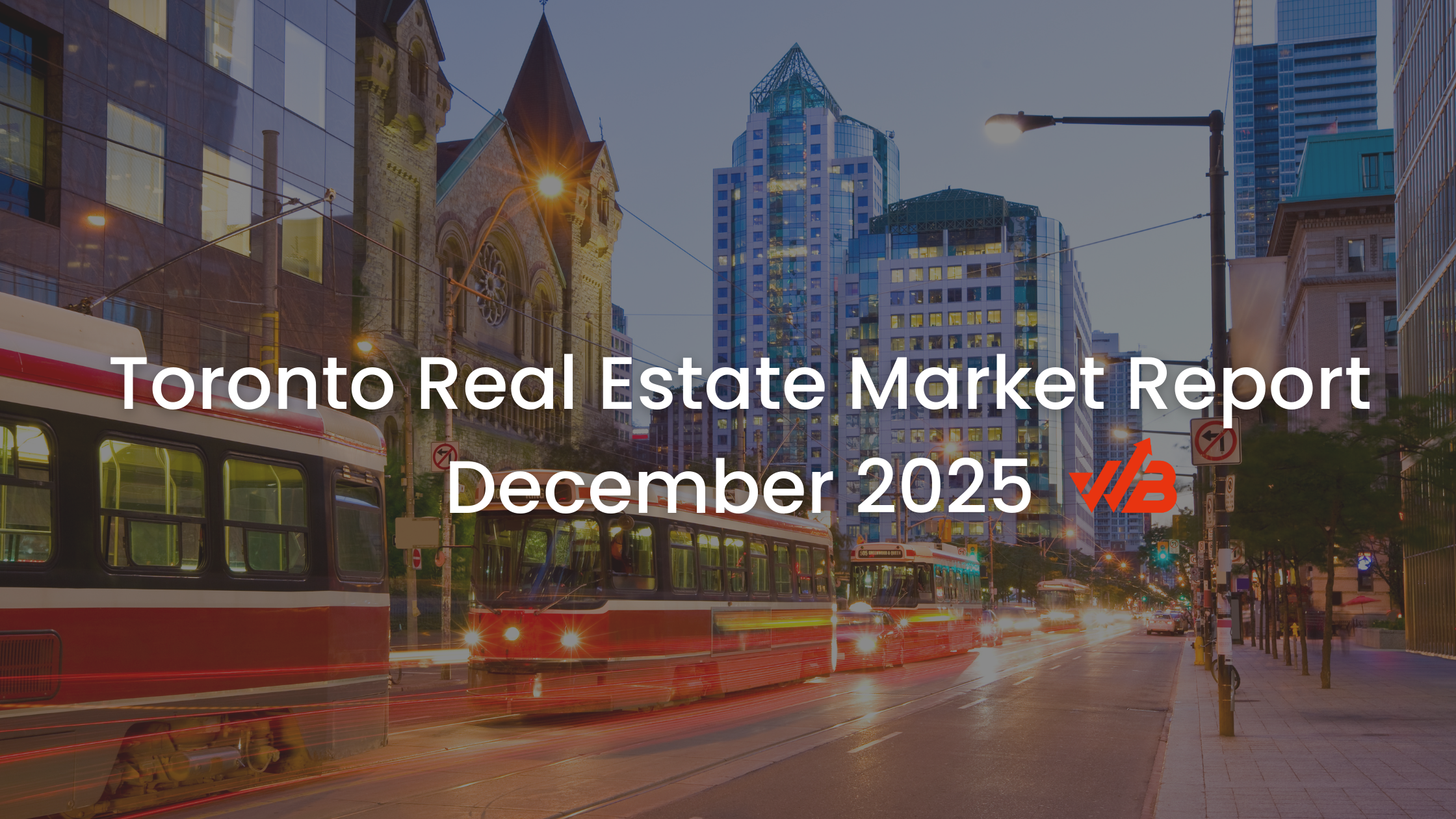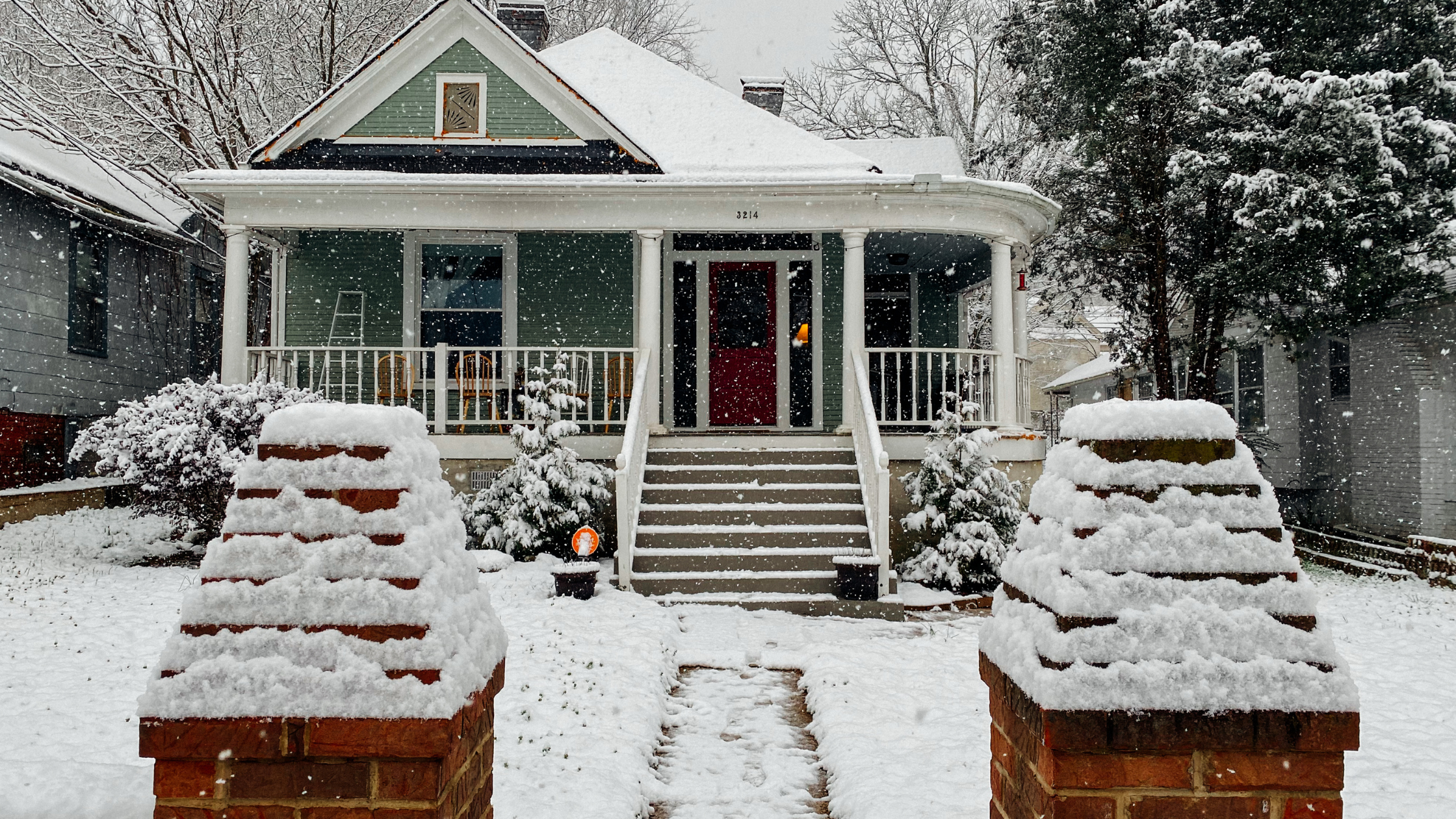our latest insights ABOUT what is happening in the real estate market
Headlines are emotional. Data is rational.
And the people who build real wealth learn how to read the numbers without overreacting to the noise.
At Wealth Builders, we don’t make decisions based on fear or hype — we make them based on math.
The Greater Toronto Area (GTA) housing market continued to soften toward the end of 2025, with average and benchmark prices trending downward year-over-year. Transaction activity remains subdued as economic uncertainty and affordability challenges persist.
If you follow real estate or financial news, interest rates dominate the conversation. Every announcement triggers bold headlines, urgent predictions, and sweeping statements about what homeowners should do next.
As we step into 2026, real estate markets — especially in Toronto — look markedly different than in the recent past. Gone are the double-digit price increases and competitive bidding wars that defined much of the last decade. Instead, the market is entering a period of stability, adjustment, and opportunity — but only for those paying attention to the right metrics.
Less Competition. More Negotiating Power.
January is often overlooked in real estate. After the holidays, many buyers pause their search, waiting for spring listings and warmer weather. But for informed and prepared buyers, January can be one of the most strategic times to buy.
The Toronto real estate market today is not defined by extremes. It is defined by realism.
Buyers are careful. Sellers must be strategic. Investors are thinking longer-term. This environment rewards those who understand the data, the timing, and the nuances of neighbourhood-level trends.
The most important lesson from 2025 isn’t about prices or rates—it’s about perspective.
Markets don’t move in straight lines, and headlines rarely tell the full story. If you want clarity, you need to look beyond the noise and understand how the data applies to your situation.
According to the latest data from the Toronto Regional Real Estate Board (TRREB), the GTA housing market is showing a clear shift in dynamics. Some of the key take-aways.
As we turn the corner of Q3 into Q4 2025, the housing market is showing signs of a rebalancing rather than a runaway boom or a collapse. For wealth-builders, this is a moment to pause, reflect and calibrate strategy. Several lines of data suggest both opportunity and caution — so let’s walk through the key themes and then highlight what you should be doing now to position wisely.
As we move into the final quarter of 2025, the Greater Toronto Area’s real estate market continues to recalibrate following two years of higher interest rates and fluctuating consumer confidence. While prices have softened, new opportunities are emerging for strategic buyers and investors who understand that market corrections often lay the foundation for the next growth cycle.
When most people think of the real estate market, the spring and fall seasons usually come to mind as the “prime” times to sell. But what about the holiday season? If you’re considering selling your Toronto home during the holidays, you may be surprised to learn that this window—though less crowded—can offer unique advantages for motivated sellers. With the right strategy, your listing can stand out and attract serious buyers eager to make a move before year-end.
For years, our philosophy has been simple: real estate is a long-term play—and every purchase is an investment. Seasonality in Toronto doesn’t change that truth; it amplifies it. Winter tends to bring fewer buyers and slower activity, which can create pockets of value for investors who know how to read the market and negotiate accordingly.
Discover why Toronto assignment sales in 2025 offer prime year-end opportunities for real estate investors. Learn how to secure discounted entry points, maximize rental potential, and build long-term wealth.
Toronto’s fall real estate market is often misunderstood. While spring typically gets the spotlight, fall can still offer strong opportunities for sellers—especially those who position their listings strategically. With average GTA home prices down around 5% year-over-year and condos averaging $651,000 in July 2025, sellers need to be mindful of today’s conditions. A slower, more balanced market means buyers have choices, and the best-prepared listings are the ones that generate multiple offers and strong final prices.
Toronto isn’t just Canada’s business capital—it’s one of North America’s biggest student hubs. Each September, tens of thousands of students return to the University of Toronto (UofT), Toronto Metropolitan University (TMU, formerly Ryerson), and York University, triggering a predictable leasing surge that smart investors can bank on.
In real estate, location has always been the cornerstone of value. In Toronto, location and transit access are practically synonymous. As the city grows denser and commuting becomes more challenging, properties with strong transit connectivity increasingly command a premium. The new TTC Line 5 Eglinton Crosstown LRT—a 19-kilometre light rail project set to reshape east-west transit across midtown Toronto—is one of the most significant infrastructure investments in the city’s history.
Toronto’s condo market has always been a barometer for the city’s real estate health. For first-time investors looking to enter the market, the question isn’t whether condos are a viable option—they are. The real question is where the best entry points are right now.
CMHC projects a 2% home price drop in 2025 with recovery expected in 2026. Learn how affordability challenges in Canada, especially Toronto, shape long-term real estate strategies.
When it comes to building wealth through real estate, long-term performance matters more than short-term fluctuations. Calgary, often seen as one of Canada’s most resilient and opportunity-rich housing markets, has shown consistent growth that continues to attract both local and out-of-province investors. Since 2005, Calgary’s real estate values have appreciated at a compound annual growth rate (CAGR) of approximately 5.1%—a powerful metric that reinforces the city’s stability and long-term wealth-building potential.
Ontario’s housing market is showing signs of stability, with the Sales-to-New-Listings Ratio (SNLR) hovering around 40.4%. For buyers, this is significant. It signals a balanced market—where neither buyers nor sellers hold a dominant advantage. In a landscape that has swung between overheated bidding wars and cautious slowdowns over the past few years, today’s balanced conditions open the door for strategic buyers ready to take advantage of this stability.
The Toronto and Greater Toronto Area (GTA) real estate market has delivered a clear headline for Q3 2025: prices are down. The average home price across the GTA has slipped to $1.05M, representing a 5% year-over-year decline. Meanwhile, the MLS® Home Price Index (HPI) benchmark dropped 5.4% compared to last year.
For some, that might spark concern. But for long-term investors, the current correction could be the exact window of opportunity they’ve been waiting for.
Navigating the Greater Toronto Area's housing landscape in 2025 can feel daunting—but current conditions suggest that now may be the most opportune time for wealth-building buyers to step in. Here's why affordability is improving, and how you can make concrete moves toward homeownership or investment.
July 2025 brought a striking surprise to the Greater Toronto Area (GTA) housing market. After months of sluggish activity, home sales surged to their highest level for the month since 2021—marking a notable shift in momentum. Yet, this surge comes amid persistent price declines and rising inventory, creating complex dynamics for buyers, sellers, and investors alike. Here’s what each stakeholder needs to consider.
The July 2025 housing statistics reveal a market in transition—one where opportunity is emerging for those ready to make strategic moves. For the first time in months, sales activity is showing strong momentum while prices remain soft, creating an opening for buyers, investors, and sellers to reposition.
The Greater Toronto Area real estate market is undergoing a dramatic shift—one we haven’t seen in years. According to the latest June 2025 data from the Toronto Regional Real Estate Board (TRREB), active listings have surged by 33.5% year-over-year, reaching one of the highest levels in recent history.
This June, a milestone moment happened in the Greater Toronto Area (GTA): the MLS® benchmark home price slipped to approximately $995,100, marking the first time the figure has fallen below the $1 million threshold since March 2021 . Let’s unpack why this matters—and what it means for both homebuyers and investors.
Selling a tenanted property can feel like walking a tightrope—you want to maximize your return while minimizing disruption for your tenant. The good news? With the right approach, you can successfully sell your investment without asking your tenant to move out. Here's a step-by-step guide to help you navigate the process legally, respectfully, and effectively.
The Greater Toronto Area (GTA) condo market is experiencing a significant reset in 2025. After several years of rapid growth, this asset class is showing signs of stress—and opportunity—for investors with the right strategy. Let’s examine where prices are falling, how much supply is hitting the market, and how to assess long-term investment returns.
The Toronto real estate market is shifting—and with change comes hesitation. Many potential buyers are asking the same question: “Should I buy now, or wait until fall?”
With more inventory on the market, softening prices, and mortgage rates slowly trending down, it’s a compelling time to buy. But timing your purchase depends on more than market trends—it also depends on your goals, your finances, and your lifestyle
As we approach the latter half of 2025, Toronto's real estate market is exhibiting signs of stabilization following a period of volatility. For both buyers and sellers, understanding the evolving landscape is crucial to making informed decisions. Here's an overview of current trends and what to anticipate in the coming months.
Headlines are emotional. Data is rational.
And the people who build real wealth learn how to read the numbers without overreacting to the noise.
At Wealth Builders, we don’t make decisions based on fear or hype — we make them based on math.
The Greater Toronto Area (GTA) housing market continued to soften toward the end of 2025, with average and benchmark prices trending downward year-over-year. Transaction activity remains subdued as economic uncertainty and affordability challenges persist.
If you follow real estate or financial news, interest rates dominate the conversation. Every announcement triggers bold headlines, urgent predictions, and sweeping statements about what homeowners should do next.
If you bought a house with a firm offer before the pandemic, don't expect force majeaure to cancel your deal.
Learn about the temporary changes to residential rental rules and processes during Covid-19, and where landlords and tenants can get more help.
A mortgage deferral is not mortgage forgiveness, it is simply the ability to skip your mortgage payments for a period of time while the interest is still accruing.


































